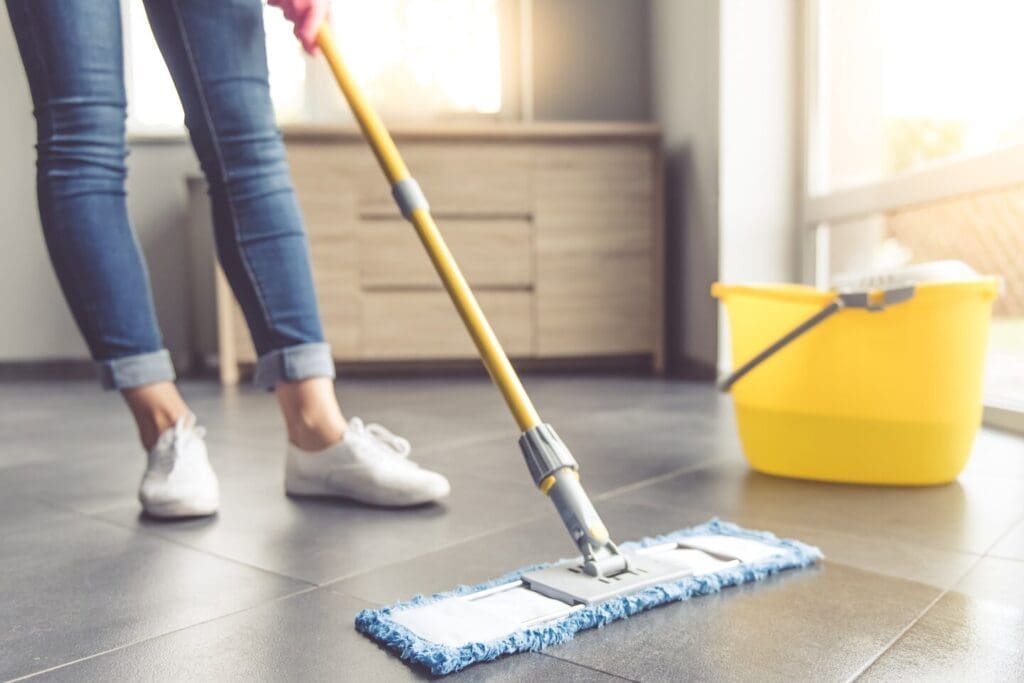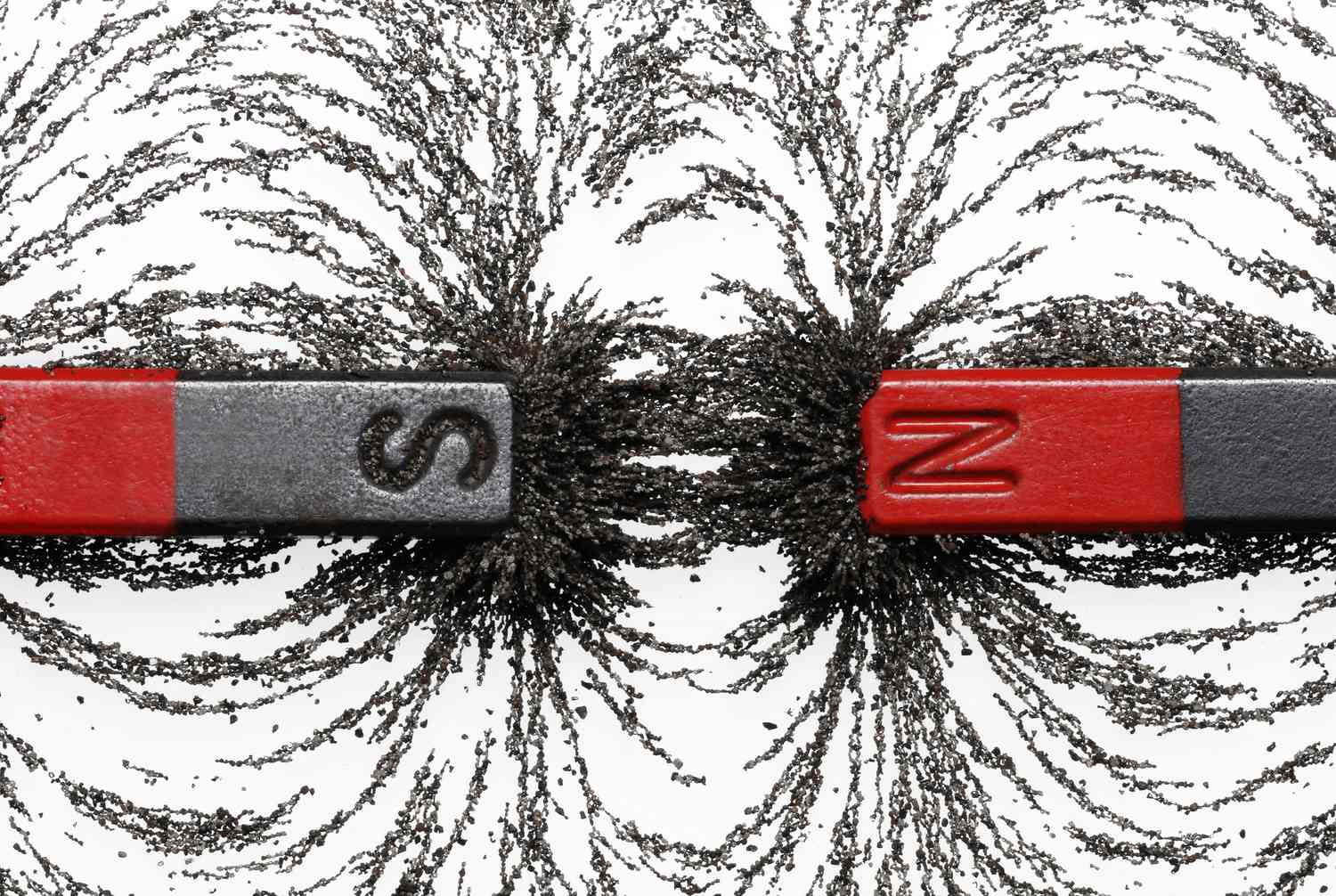Welcome to a world where everyday items become powerful defenders against germs. The natural way to remove germs. In our busy lives, keeping our surroundings clean and safe is more important than ever. But what if we told you that nature provides simple solutions? Imagine lemons and essential oils transforming into guardians of your health. Join us as we explore the simplicity and effectiveness of natural ways to protect your space. No complicated chemicals, just easy, eco-friendly magic.
1. Regular Cleaning:
Keeping your environment clean is the first line of defense against germs. Regular cleaning removes visible dirt and also eliminates harmful bacteria and viruses. Here's how you can do it easily and effectively:
Tools You Need:
- Mild soap
- Water
- Microfiber cloths or sponges
- Spray bottle
Steps to Follow:
1. Prepare a Cleaning Solution:
Mix mild soap with water in a spray bottle. This gentle solution is excellent for most surfaces and is safe for your health.
2. Spray and Wipe:
Spray the soapy solution on surfaces like countertops, tables, doorknobs. Let it sit for a minute to break down germs. Then, wipe the surface with a microfiber cloth or sponge. For electronic devices, use alcohol wipes to disinfect without harming the screen.
3. Focus on High-Touch Areas:
Pay special attention to high-touch areas. These spots often harbor more germs.
4. Wash Fabrics Frequently:
Wash linens, towels, and curtains regularly in hot water. Hot water helps kill germs effectively.
5. Ventilation Matters:
Ensure good ventilation in your living space. Fresh air helps reduce the concentration of indoor pollutants, providing a healthier environment.

2. Vinegar – Nature's Disinfectant:
Vinegar, the humble kitchen ingredient, holds powerful germ-fighting properties. Here's how you can use it to naturally disinfect your surroundings:
What You Need:
- White vinegar
- Water
- Spray bottle
Simple Steps:
1. Prepare the Solution:
Mix equal parts of water and white vinegar in a spray bottle. This natural concoction is excellent for disinfecting surfaces.
2. Spray and Wait:
Spray the vinegar solution on surfaces you want to disinfect. Let it sit for a few minutes. Vinegar's acidity helps break down germs effectively.
3. Wipe Clean:
After letting the solution sit, wipe the surface clean with a damp cloth or sponge. Vinegar not only disinfects but also leaves a fresh, clean scent behind.
4. Deodorize and Disinfect:
Besides disinfecting, vinegar acts as a natural deodorizer. It eliminates unpleasant odors while sanitizing the area.
5. Caution with Porous Surfaces:
Don't use vinegar on natural stone like marble or granite; it can harm the surface due to its acidity. Stick to non-porous surfaces for safe and effective disinfection.
3. Lemon Fresh Cleanliness:
Lemons aren't just for making refreshing drinks. They are also excellent natural cleaners due to their antibacterial and antiseptic properties. Here's how you can use lemons to add a fresh touch to your cleaning routine:
What You Need:
- Fresh lemons
- Water
- Spray bottle
Simple Steps:
1. Lemon and Water Solution:
Squeeze fresh lemon juice into a spray bottle and mix it with an equal amount of water. This mixture is a natural disinfectant that also leaves a pleasant citrus scent.
2. Spray and Disinfect:
Spray the lemon and water mix on surfaces, appliances, or areas that need cleaning. Let it sit for a few minutes to allow the lemon's natural acids to work on the germs.
3. Wipe and Shine:
After letting the solution sit, wipe the surfaces clean with a cloth or sponge. Lemon not only kills germs but also adds a natural shine to various surfaces.
4. Microwave Deodorizer:
Place a bowl of water with lemon slices in your microwave and heat it for a minute. The steam will loosen grime, and the lemon will deodorize. It will make your microwave clean and fresh-smelling.
5. Trash Can Odor Eliminator:
Throw lemon peels at the bottom of your trash can to keep it smelling fresh. Replace the peels regularly to maintain a pleasant aroma.
Harness the natural power of lemons to keep your home clean, fresh, and free from germs. It's an easy, eco-friendly, and budget-friendly way to enhance your cleaning routine.
4. Essential Oils: Aromatic Germ Fighters:
Essential oils not only bring delightful fragrances but also possess potent antimicrobial properties. Here's how you can use these aromatic oils to keep your space naturally germ-free:
What You Need:
- Essential oils (such as tea tree oil, lavender oil, or eucalyptus oil)
- Water
- Spray bottle
Simple Steps:
1. Choose Your Essential Oil:
Pick an essential oil known for its antibacterial properties. Tea tree oil, lavender oil, and eucalyptus oil are popular choices.
2. Create the Oil Blend:
Mix a few drops of the chosen essential oil with water in a spray bottle. The water helps dilute the oil for safe application.
3. Spray and Disinfect:
Spray the essential oil and water blend on surfaces, fabrics, or even in the air. Essential oils not only disinfect but also leave a pleasant, natural aroma.
4. Air Purification:
Add a few drops of essential oil to a diffuser to purify the air in your living space. This method not only combats germs but also creates a relaxing ambiance.
5. Fabric Freshener:
Mix a few drops of essential oil with water and lightly spray it on fabrics, curtains, or upholstery. It kills bacteria while leaving a refreshing scent.
6. Customize Your Scents:
Experiment with different essential oils to find your favorite scents. Spray the lemon and water mix on places that need cleaning and disinfecting.
5. Baking Soda: The Versatile Cleaner:
Baking soda, a common kitchen ingredient, is a powerhouse when it comes to cleaning. Here's how you can use baking soda to naturally disinfect various surfaces in your home:
What You Need:
- Baking soda
- Water
- Cloth or sponge
Simple Steps:
1. Create a Baking Soda Paste:
Mix baking soda with a small amount of water to create a thick paste. This paste is excellent for scrubbing surfaces without being abrasive.
2. Apply and Scrub:
Spread the baking soda paste on surfaces like counters, sinks, or bathroom tiles. Use a cloth or sponge to scrub gently. Baking soda's mild abrasiveness helps remove stains and grime effectively.
3. Deodorize and Disinfect:
Baking soda can disinfect and act as a natural deodorizer. Use it to freshen up carpets, upholstery, or even shoes. Sprinkle a thin layer let it sit for a while, and then vacuum it up.
4. Clean Kitchen Appliances:
Use baking soda paste to clean inside your refrigerator, microwave, or oven. Its natural cleaning properties help remove food residues and odors.
5. Unclog Drains:
Baking soda is great for unclogging drains. Pour a mixture of baking soda and hot water down the drain, followed by vinegar. Let it fizz for a few minutes, then flush it with hot water. It helps remove blockages and eliminates odors.
6. Good Ventilation: Fresh Air, Healthy Space:
Good ventilation is essential for maintaining a healthy indoor environment. Good air circulation brings in fresh air and removes indoor germs and pollutants. Here's how you can ensure good ventilation in your home:
Simple Steps to Improve Ventilation:
1. Open Windows and Doors:
Whenever possible, open windows and doors to allow fresh air to enter your home. Cross-ventilation, when air moves from one side of the house to the other, is a great way to freshen indoor air.
2. Use Exhaust Fans:
Use exhaust fans in kitchens and bathrooms to get rid of cooking smells, odors, and extra moisture. These fans help in preventing the buildup of mold and mildew, keeping the air quality optimal.
3. Air Purifiers:
Consider using air purifiers with HEPA filters. These devices efficiently remove allergens, dust, and germs from the air. It makes a cleaner environment, especially for individuals with allergies or respiratory conditions.
4. Regular Maintenance:
Make sure vents, air ducts, and filters in your HVAC system are clean and well-maintained. Clogged filters reduce airflow, making the system less effective in circulating fresh air.
5. Plants for Natural Purification:
Some indoor plants, such as snake plants and peace lilies, naturally clean the air. They absorb pollutants and release oxygen, enhancing indoor air quality.
6. Avoid Chemical Air Fresheners:
Steer clear of chemical air fresheners, which can contain harmful substances. Use essential oil diffusers for a natural and pleasant scent in your space.
7. Reduce Clutter: A Cleaner, Healthier Space:
Reducing clutter in your living environment creates a visually appealing space. It also contributes significantly to a healthier atmosphere. Here's how decluttering can improve the cleanliness and overall well-being of your home:
Simple Steps to Reduce Clutter:
1. Clear High-Traffic Areas:
Start by decluttering high-traffic areas such as the living room, kitchen, and bedrooms. Get rid of extra things and use smart storage solutions to keep these areas clean and roomy.
2. Regular Cleaning:
With fewer items around, cleaning becomes easier and more effective. With less hiding places for dust and allergens, it's easier to keep your space clean.
3. Promote Air Circulation:
Clutter-free spaces allow for better air circulation. When air moves freely, it lowers the amount of airborne dirt, making the air fresher.
4. Reduce Allergens:
Clutter tends to collect dust, mold, and other allergens. Cleaning and organizing reduce allergens, making your indoor space healthier.
5. Mental Well-being:
A clutter-free space promotes mental clarity and reduces stress. It makes a peaceful space where you can relax without the distractions of a messy place.
6. Donate or Discard:
Think about giving away things in good shape or getting rid of what you don't need anymore. By doing so, you not only reduce clutter but also contribute to a more organized community.
7. Organize Smartly:
Use baskets, shelves, and cabinets to keep your things neat and tidy. Labeling helps maintain order, making it easier to find items when you need them.
8. Regular Cleaning Routines: A Key to Healthier Living:
Establishing regular cleaning routines is fundamental to maintaining a healthy living space. Making a habit of regular cleaning helps create a healthy environment for you. Here's how to establish effective cleaning routines for a healthier home:
Simple Steps for Regular Cleaning:
1. Daily Surface Cleaning:
Take a few minutes each day to clean countertops, tables, and kitchen appliances. Use mild disinfectants or natural cleaning solutions to remove germs and prevent their buildup.
2. Weekly Vacuuming:
Clean surfaces daily, like countertops, tables, and kitchen appliances. Use gentle disinfectants or natural cleaners to remove germs and prevent their return.
3. Monthly Deep Cleaning:
Schedule a deep cleaning session once a month. This involves tasks like washing windows, cleaning behind furniture, and sanitizing bathroom fixtures. Deep cleaning ensures that hidden germs are addressed regularly.
4. Rotate Cleaning Tasks:
Create a cleaning schedule that rotates tasks throughout the month. For instance, focus on cleaning specific rooms or appliances on designated days. This approach ensures that every area of your home receives attention regularly.
5. Declutter as You Clean:
While cleaning, take the opportunity to declutter. Put away items that are out of place and discard items you no longer need. Maintaining an organized space makes cleaning more efficient.
6. Proper Waste Disposal:
Dispose of garbage and recyclables regularly. Use sealed bins to prevent odors and potential pest problems. Regular disposal prevents the accumulation of waste, promoting a cleaner environment.
7. Incorporate Natural Cleaners:
Whenever possible, use natural cleaning products. Vinegar, baking soda, and essential oils are safe and effective for cleaning. They disinfect and remove odors without any harmful chemicals.
By making these easy cleaning habits a part of your routine, your home stays fresh and healthy. Regular cleaning doesn't just get rid of what you can see. It also tackles hidden germs, making your space a place where you and your family can thrive.






